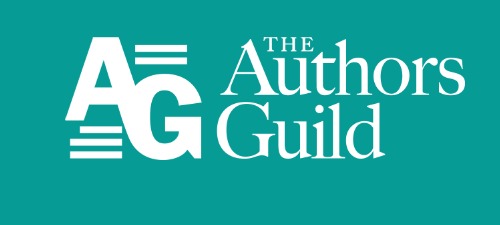Authors Guild Statement on W.W. Norton’s Removing Blake Bailey’s Books from Circulation
April 29, 2021

W.W. Norton issued a memo on April 27 that it will permanently take Blake Bailey’s biography of Philip Roth out of print in response to credible allegations that Mr. Bailey sexually assaulted multiple women and behaved inappropriately toward his students when teaching eighth grade English. The Authors Guild condemns sexual assault and sexual harassment. Nevertheless, we are deeply troubled by W.W. Norton’s decision to take Blake Bailey’s books, including the recently published Roth biography, out of print.
Freedom of expression and the freedom to publish are the bedrock principles upon which literary culture and civil society are built. Removing a published book from circulation because of the authors’ conduct and resulting adverse public opinion against the author or the subject, no matter how strong and justified, contradicts important principles of free speech and open discourse. The book may, for example, serve as a historical document of Roth’s treatment of women and his own misbehavior, and of conduct that some have even found acceptable in the past. It provides food for discussion about these important topics as well as other aspects of Roth’s life. We cannot rewrite history.
The Authors Guild stands firm for the rights of all individuals, even those convicted of crimes to write and publish. We do not believe that publishers should cancel a book because of conduct of its author that is unrelated to the book itself. The book should stand on its own. For the same reason, the Authors Guild has taken a strong stance against the inclusion of morality clauses in publishing contracts that allow publishers to cancel books based on the authors’ conduct (see our statement on morality clauses).
We understand these issues are not simple. Sexual harassment and sexual violence are equally devastating assaults on freedom of expression. A free and vibrant literary culture is not possible as long as the entrenched patterns of sexual harassment and sexual violence prevail. While we applaud Norton for donating a matching amount of the advance it paid Bailey for his Philip Roth biography to organizations that advocate for survivors of sexual harassment, we also believe that a more balanced response would have been to allow the book to remain in print and and for the publisher to donate its share of the proceeds to the same organizations.
The answer to suppression of expression and ideas isn’t greater or responsive suppression, but greater public debate, which is silenced when a publisher prevents readers from reading a book and forming their opinions. A book is larger than its author; it is an addition to the often-contentious public record for posterity. Books espousing opprobrious values, or whose authors are maligned, are important to understanding the pitfalls in our society—and help to change things. They’re also critical for later generations to see how culture and practices evolved through conflict and strife.
